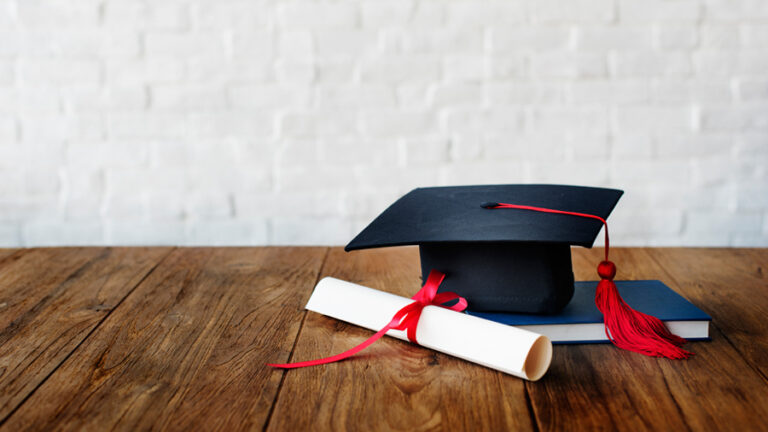Holistic Education: Balancing Academics and Co-Curricular Activities

Education is not merely about academic excellence; it encompasses the holistic development of individuals, nurturing their intellectual, emotional, physical, and social well-being. Holistic education emphasizes the integration of academic learning with co-curricular activities to foster the overall growth and development of students.
In this blog, we’ll explore the concept of holistic education, its importance in shaping well-rounded individuals, and the benefits of balancing academics with co-curricular activities in the educational journey.
The Importance of Holistic Education
Holistic education goes beyond rote learning and exam scores; it aims to cultivate critical thinking skills, creativity, emotional intelligence, and social responsibility in students. By providing opportunities for engagement in diverse co-curricular activities such as sports, arts, community service, and leadership initiatives, holistic education prepares students to navigate the complexities of the modern world and become active, informed, and compassionate citizens.
Benefits of Balancing Academics and Co-Curricular Activities
Balancing academics with co-curricular activities offers numerous benefits for students. Participation in sports promotes physical fitness, teamwork, and resilience, while engagement in the arts fosters creativity, self-expression, and aesthetic appreciation. Community service initiatives instill empathy, compassion, and a sense of social responsibility, while leadership roles develop communication skills, decision-making abilities, and confidence. By integrating these diverse experiences into their educational journey, students develop a well-rounded skill set and a broader perspective on life.
Enhancing Learning Outcomes
Research has shown that involvement in co-curricular activities positively impacts academic performance and overall well-being. Participation in sports and physical activities improves concentration, memory, and cognitive function, leading to better academic outcomes. Similarly, engagement in the arts enhances cognitive abilities, problem-solving skills, and emotional intelligence, contributing to academic success and personal growth. Co-curricular activities also provide opportunities for hands-on learning, experiential education, and real-world application of academic concepts, enriching the learning experience and fostering deeper understanding.
Fostering Personal Growth and Development
Holistic education is not just about acquiring knowledge; it’s about personal growth and self-discovery. Co-curricular activities provide a platform for students to explore their interests, passions, and talents, helping them discover their strengths and weaknesses, set goals, and develop a sense of purpose and identity. Participation in extracurriculars builds character, resilience, and grit, preparing students to face challenges and setbacks with courage and determination.
Creating Well-Rounded Individuals
In today’s fast-paced and competitive world, employers and colleges seek individuals who possess not only academic prowess but also a range of soft skills and qualities. Holistic education plays a crucial role in nurturing these attributes by providing students with opportunities for leadership, teamwork, creativity, and social engagement. By fostering a balanced approach to learning that values both academics and co-curricular activities, schools empower students to become well-rounded individuals capable of thriving in diverse personal and professional contexts.
Conclusion
Holistic education is essential for nurturing the holistic development of individuals, equipping them with the skills, values, and attitudes needed to lead fulfilling and meaningful lives. By balancing academics with co-curricular activities, schools can create rich and engaging learning environments that promote intellectual, emotional, physical, and social well-being. By embracing the principles of holistic education, we can empower students to realize their full potential and make positive contributions to society.






